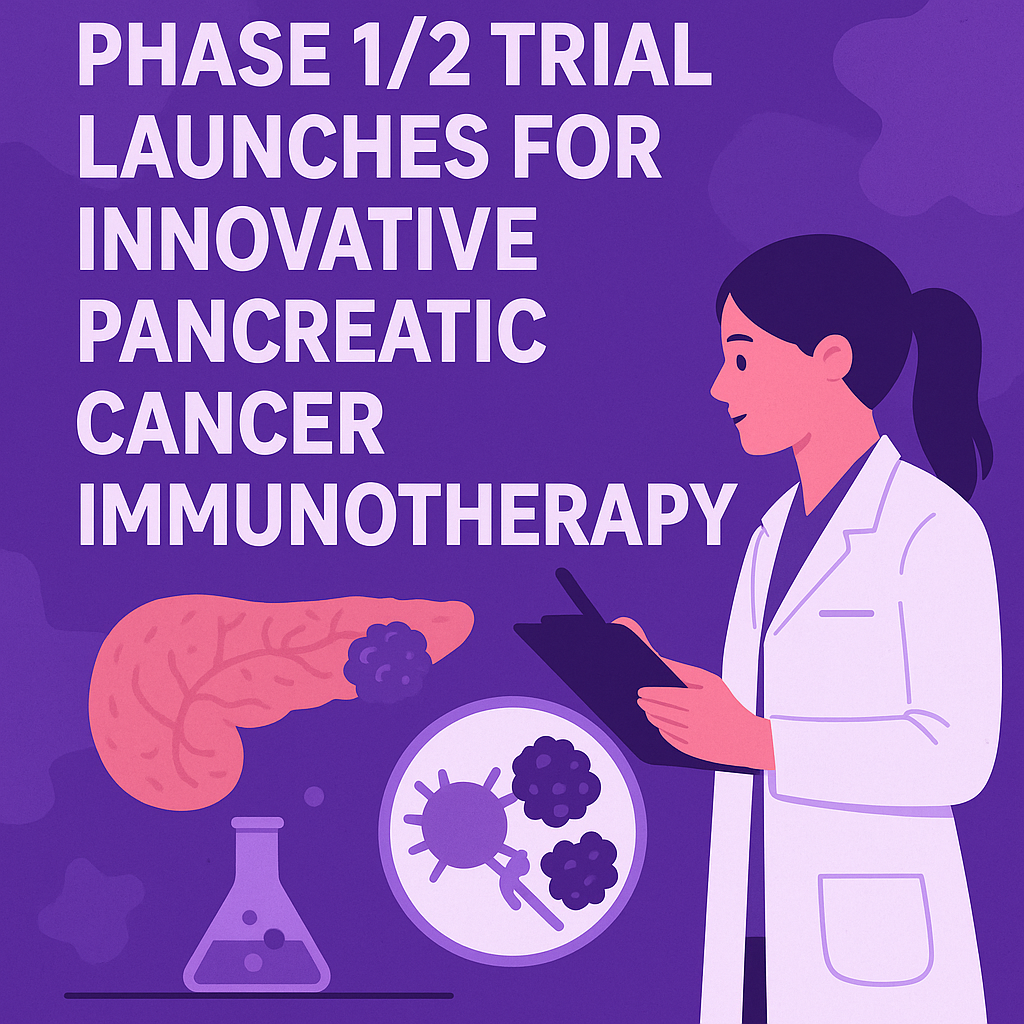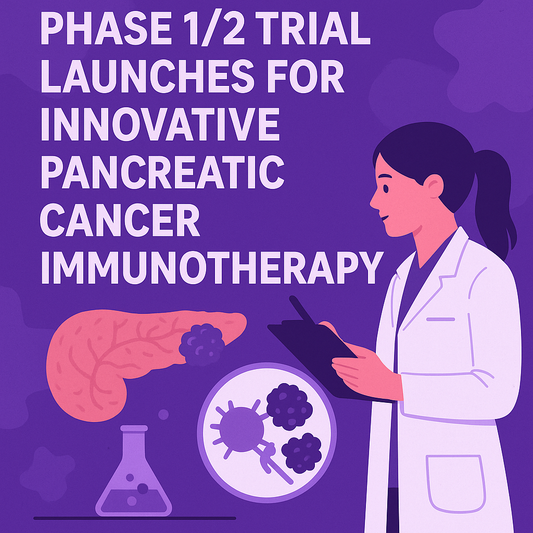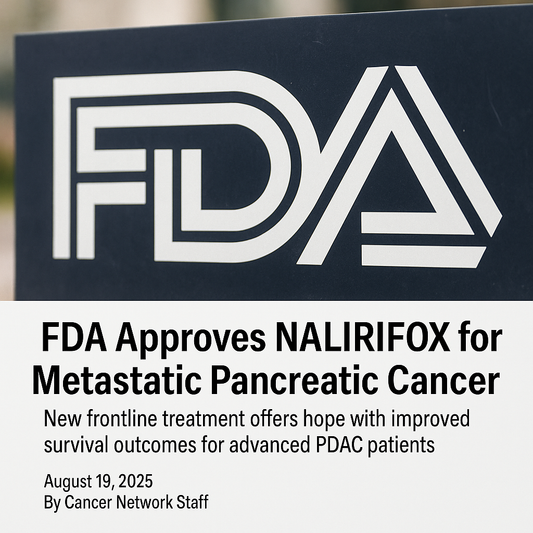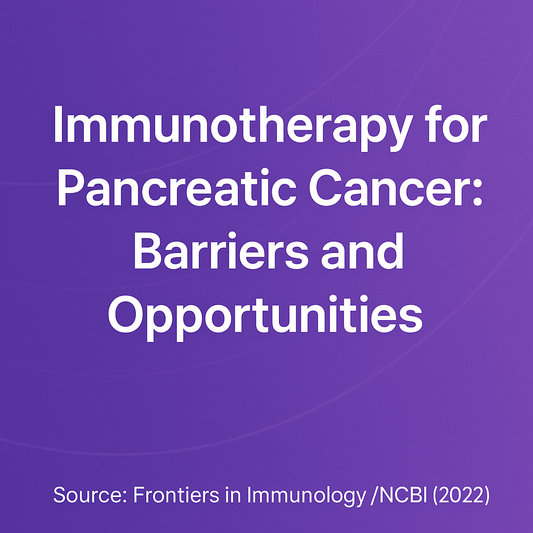
Phase 1/2 Trial Launches for Innovative Pancreatic Cancer Immunotherapy
Share
UCSF researchers begin testing novel TCR-T cell therapy targeting KRAS mutations in advanced pancreatic cancer.
A new clinical trial at UCSF has opened to test a first-of-its-kind immunotherapy for advanced pancreatic cancer. The study, listed as NCT06625320, will evaluate the safety and effectiveness of KRAS-targeted TCR-T cell therapy in patients whose tumors carry KRAS mutations—one of the most common drivers of pancreatic cancer.
The trial is designed as a Phase 1/2 study, beginning with dose-escalation to assess safety before moving into an expansion phase that will explore potential anti-tumor activity. Eligible participants include patients with metastatic or unresectable pancreatic ductal adenocarcinoma who have already received standard treatments but seen their disease progress.
KRAS mutations are present in about 90% of pancreatic cancers, making them a leading target for new therapies. By engineering patients’ own T cells to recognize and attack KRAS-mutant tumor cells, researchers hope to create a more precise and lasting treatment option.
“This trial represents an exciting new direction for pancreatic cancer, where survival rates remain among the lowest of all cancers,” UCSF investigators stated. “Our goal is to see whether this highly personalized cell therapy can offer new hope for patients who currently have few options.”
The study is currently recruiting at UCSF, with outcomes focusing on safety, tolerability, and early signs of clinical benefit. If successful, this approach could lay the groundwork for future KRAS-targeted immunotherapies in pancreatic and other solid tumors.
Source: UCSF Clinical Trials, 2025



